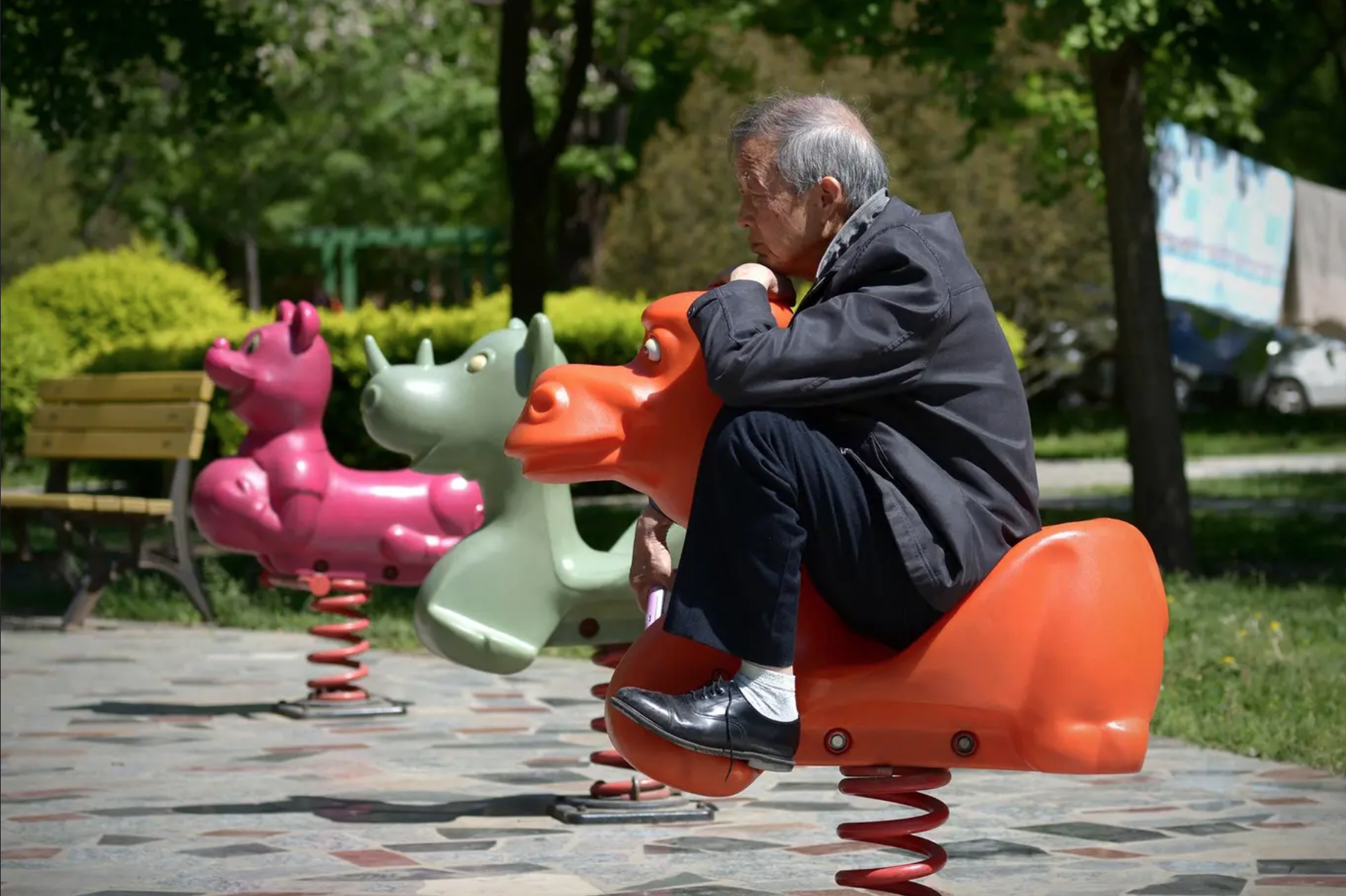Human trafficking and bad influences on youth were hot topics at Two Sessions 2022
Here are three key social issues that were brought up at China’s biggest political event of the year.

On March 11, China’s annual “Two Sessions” (两会 liǎnghuì), the largest political gathering of the year, came to a close. In the past week, thousands of delegates to the two main political bodies in the country — the National People’s Congress (NPC) and the National Committee of the Chinese People’s Political Consultative Conference (CPPCC) — descended upon Beijing for the event.
While the majority of the meetings are highly scripted, leaving little room for delegates to offer criticism on the central government’s agenda or make a real impact on the country’s future, delegates are given the chance to submit proposals that address all kinds of problems. This is one of the few ways that ordinary people’s voices are heard at official government meetings.
Although most of the ideas discussed at the conferences are unlikely to be acted on, they offer a glimpse into what the Chinese public thinks are the most urgent social problems facing the nation.
Below, we rounded up a selection of proposals that gained traction at the Two Sessions 2022:
Human trafficking
In light of the case of a mother of eight in Jiangsu, who was found chained up in an outhouse in January and was later confirmed to be a human trafficking victim, a few delegates called for raising criminal penalties in trafficking cases and implementing better anti-trafficking strategies.
China news, weekly.
Sign up for The China Project’s weekly newsletter, our free roundup of the most important China stories.
NPC deputy Jiǎng Shèngnán 蒋胜男, a screenwriter and researcher at Wenzhou University, pointed out (in Chinese) that punishing not only traffickers, but also buyers and those who cooperate or facilitate their actions, is essential to stamping out China’s human trafficking problem on a systemtic level. Individuals who obstruct the rescue of trafficking victims, including corrupt officials who turn a blind eye to trafficking activities, should also be held accountable, Jiang said. In rural areas where bride trafficking is prevalent due to a shortage of marriageable women, local governments, Jiang said, should make substantial efforts to change villagers’ views on buying brides, and to advance the status of women.
Zhāng Bǎoyàn 张宝艳, a NPC deputy and a longtime advocate for women’s and children’s rights, said (in Chinese) that the current penalty of five to 10 years of imprisonment for traffickers is too lenient. She urged lawmakers to impose heavier penalties for traffickers and eliminate statutes of limitations for trafficking, allowing victims more time to pursue criminal cases later in their life.
The issue of human trafficking even merited a brief mention by China’s Premier Lǐ Kèqiáng 李克强 in his annual report on government performance delivered on March 5. In his speech, Li emphasized the central government’s determination to “crack down on crimes of trafficking.”
Bans on murder games and tattoos
A laundry list of activities deemed “bad influences” on Chinese children and teenagers were highlighted at the meetings. Among them were video games and extreme celebrity fandom, two things that were already hit by regulatory crackdowns last year amid Beijing’s tightening control of what young people do in their pastime.
The new additions to the list included “scripted murder,” a popular board game where participants role-play different characters and spend hours solving fictional crimes. While cities like Shanghai had already moved to regulate the industry by banning games with gory content, Zhāng Shūqín 张淑琴, a NPC deputy and an elementary school principal from Shandong, asked authorities to create rules banning minors’ participation in certain games.
Inspired by recent policies implemented by the Shanghai government, Mǎ Qí 马骐, head of the general office at the Supreme People’s Court, suggested that Shanghai’s local ban on minors getting tattoos should see wider adoption across the country. Wáng Jiājuān 王家娟, a NPC deputy and middle school teacher from Liaoning, proposed nationwide rules restricting minors from cosmetic surgery, which, she said, would cause “irreversible” harm to their bodies and make them put an outsized emphasis on appearance.
Challenges from China’s aging population
The older population of China is skyrocketing, with the number of people over retirement age expected to hit 330 million by 2050. That’s more people than the current total U.S. population. Economists have been warning that this demographic shift will create its own economic demands and social issues, but Chinese officials had always seemed uninterested in confronting the problem head-on.
But at this year’s Two Sessions, calls for a national strategy to finance and deliver care for the rapidly aging population were abundant. To fulfill the emotional needs of the elderly, CPPCC member Huáng Gǎiróng 黄改荣 suggested companies designate two specific “home visits” holidays a month, where employees can take time off from work to see their parents. For retired parents who have lost their only child, CPPCC member Lǐ Yèpíng 李掖平 proposed an increase in pensions, and better policies to match such couples with long-term caregivers and medical assistance in emergency situations. Bái Yánsōng 白岩松, a CPPCC member and a famous news anchor, encouraged authorities to support older adult employment efforts, creating job opportunities for retirees to reenter the workforce and contribute to the economy.






